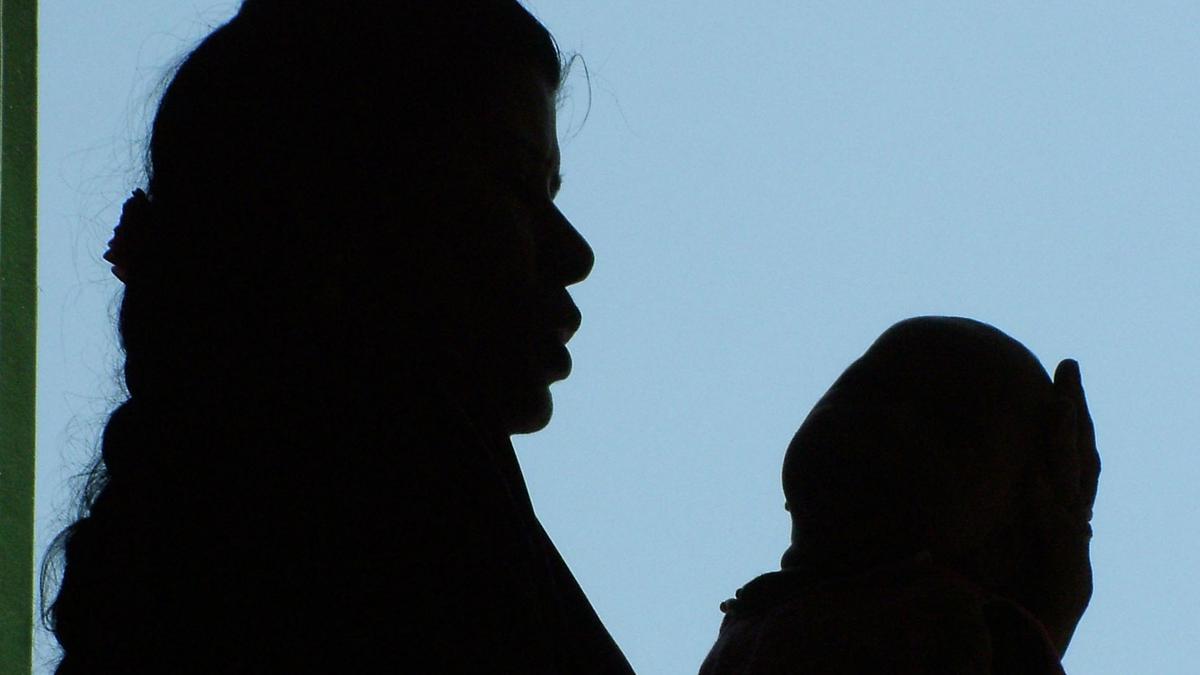
Explained | Why is the law on maternity leave facing a challenge from some adoptive mothers in the Supreme Court?
The Hindu
The Supreme Court of India has agreed to hear a petition challenging the constitutional validity of Section 5(4) of the Maternity Benefit Act, 1961, which entitles adoptive and surrogate mothers to only 12 weeks of maternity leave, and that too only if the child is under three months of age.
The story so far: The Supreme Court of India last week agreed to hear a petition challenging the constitutional validity of Section 5(4) of the Maternity Benefit Act, 1961, which entitles adoptive and surrogate mothers to only 12 weeks of maternity leave, and that too only if the child is under three months of age.
This crucial hearing has reignited the debate surrounding the laws concerning maternity leave for adoptive mothers.
A bench of Chief Justice D.Y. Chandrachud and Justices P.S. Narasimha and J.B. Pardiwala has agreed to hear the Public Interest Litigation (PIL) petition, filed by Karnataka-based lawyer Hamsaanandini Nanduri, on April 28.
However, this is not the first time the Supreme Court is hearing this matter. Back on October 21, 2021, a bench comprising of Justice S Abdul Nazeer along with Justice Krishna Murari had sought responses from the Ministry of Law and Justice and the Ministry of Women & Child Development on this plea after stating that the petitioner had a ‘just cause’. The Union government is, however, yet to file its response.
The petition challenges Section 5(4) of the Act on the grounds of being discriminatory towards adoptive mothers and orphaned children over three months. Labelling the purported benefit of 12 weeks of maternity leave as ‘mere lip service’, the petition contends that when compared to the 26 weeks of maternity leave granted to biological mothers, the provision violates the fundamental rights guaranteed under Part III of the Constitution.
Nanduri, adopted her four-and-a-half year old daughter and two-year-old son in 2017. Her company gave then had given her six weeks off, which Nanduri felt was inadequate. She extended this further by using accumulated leave.
Speaking to The Hindu, Nanduri said that the existing law deepens the divide between adoptive and biological mothers. “There should be no discrimination based on how somebody becomes a parent. Whether somebody chooses to become a parent by having a biological child or getting a child through adoption or through surrogacy it doesn’t matter.,” she said.













